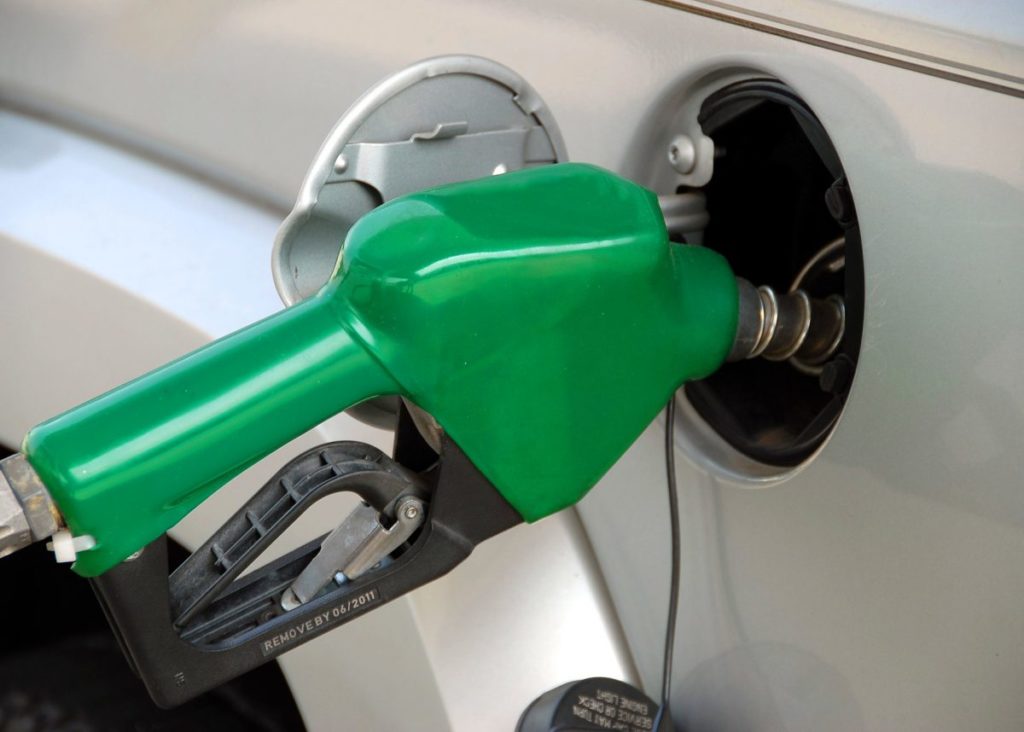But at least we had the consolation of knowing that, had we been able to travel more than a few kilometres down the road to shop for groceries, what we paid to fill our fuel tanks would have been far lower than a few months previously.
The global crash in the oil price due to diminished demand during the global lockdown, plus a price-war involving Russia and Saudi Arabia, had given motorists a Pyrrhic victory. They’d won the fuel-price battle; but to what benefit as the entire world economy seemed to be about to come tumbling down.
FUEL PRICE EQUATION HAS TURNED AGAINST US
Now even that small solace is set to be taken away from us in June with the announcement by the Automobile Association (AA) that the fuel price equation has turned against South Africa and we can expect a notable rise in the petrol price.
There is some good news, though. The price of diesel fuel, which can have a massive impact on food and other prices due to transportation costs, is going down. So too is illuminating paraffin.
In a statement released on Friday, 15 May the AA calls it the situation a “mixed picture”.
“The mid-month data [from the Central Energy Fund] predicts an increase of up to 50 cents a litre for petrol, while diesel is heading in the opposite direction, with declines of up to 56 cents, matched by an anticipated 75-cent decline in illuminating paraffin.”
Automobile Association
INTERNATIONAL FUEL PRICES HAVE NOW NEARLY DOUBLED
In its explanation, the AA notes that international product prices used to calculate South Africa’s basic fuel price have nearly doubled since their lows at the end of April.
“Over the same period, the Rand has settled in around the level of R18.40 to the US dollar, almost R3 weaker than just three months ago prior to the advent of the COVID-19 panic and multiple downgrades of our economy by ratings agencies,” it states.
The AA says that despite this, South African motorists currently have an unusual capacity to absorb fuel price increases, with most grades of fuel around R4 a litre cheaper than at the start of 2020.
“Our concern, of course, is that the financial situation of many South Africans has changed for the worse in the last two months, with massive job losses and talks of across-the-board salary cuts. This could make South Africans sensitive to even small fuel price increases,” the Association comments.
